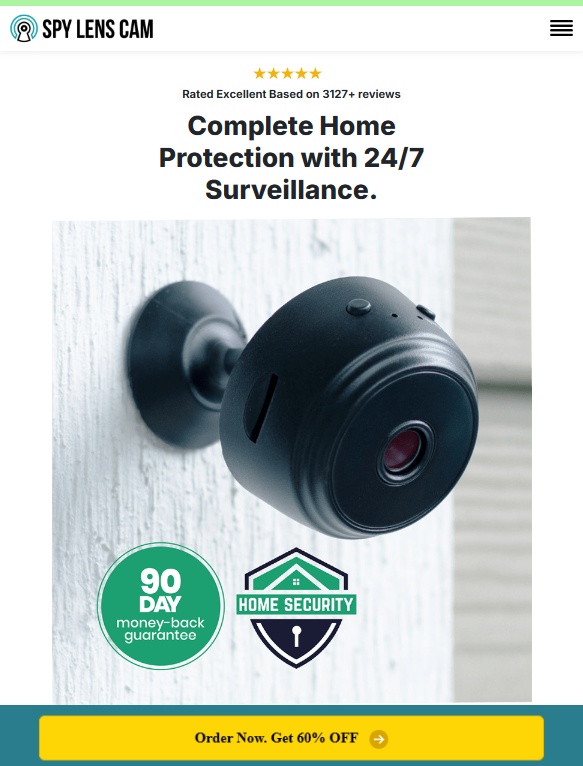Amazon’s Ring surveillance network faces mounting scrutiny as patriots discover the true extent of corporate-government cooperation. Recent events expose a troubling pattern of security failures and policy reversals that should alarm every freedom-loving American.
The May 28 Login Panic That Wasn’t
TikTok user reports sparked nationwide panic when Ring customers discovered mysterious “unknown devices” logging into their accounts on May 28, 2025. Screenshots flooded social media showing multiple unrecognized devices accessing private camera systems. Families feared hackers were watching their children. Parents worried about strangers monitoring their homes.
The reality proved different but equally concerning. Ring eventually admitted the login activity resulted from a backend software update gone wrong. Past login dates appeared incorrectly as May 28. Device names displayed as “Device name not found” instead of actual device information.
This technical glitch affected millions of users. Ring’s delayed response lasted weeks while customers panicked about potential security breaches. The company’s silence during this crisis demonstrates concerning disregard for user concerns about home surveillance systems.
Government Partnership Reversals Reveal True Priorities
Ring’s relationship with law enforcement tells a darker story about corporate-state cooperation. The company initially removed police access to user footage through the “Request for Assistance” tool in January 2024. Privacy advocates celebrated this apparent victory against surveillance overreach.
That celebration proved premature. Ring quietly restored police access through a partnership with Axon, the company behind police body cameras and tasers. Law enforcement can once again request doorbell footage from unsuspecting homeowners. This reversal happened with minimal public announcement or media coverage.
The partnership with Axon represents a concerning merger of private surveillance and government enforcement capabilities. Ring now operates over 2,000 partnerships with police and fire departments across all 50 states. These agreements create a vast network of home surveillance accessible to government agencies.
Historical Context of Corporate Surveillance

The Federal Trade Commission previously charged Ring with allowing employees and contractors improper access to private customer videos. The company paid over $5.6 million in settlements to affected customers in 2024. This financial penalty exposed Ring’s casual attitude toward user privacy and data protection.
Ring workers routinely accessed intimate footage without authorization. Contractors viewed private moments in customer homes for entertainment. The company failed to implement basic security protections against internal abuse of surveillance systems.
These violations mirror historical government surveillance programs that violated constitutional protections. The difference lies in voluntary installation of monitoring devices by unsuspecting citizens who trusted corporate promises of security and privacy.
The Broader Surveillance State Implications
Ring’s integration with police departments creates concerning precedents for constitutional protections. The Fourth Amendment requires warrants for government searches of private property. Ring’s voluntary cooperation circumvents these protections through corporate partnerships that bypass traditional legal safeguards.
Police departments can now map entire neighborhoods through Ring camera networks. Officers identify homes with surveillance systems during investigations. This information gathering occurs without judicial oversight or constitutional protections that typically govern government surveillance activities.
The system transforms private homes into government monitoring stations. Homeowners unknowingly participate in surveillance networks that track community activities and movements. This voluntary participation undermines traditional privacy expectations and constitutional protections.
Protecting Your Family’s Privacy
Patriots must take immediate action to secure their home surveillance systems. Enable two-factor authentication on all Ring accounts to prevent unauthorized access. Review login histories regularly for suspicious activity or unrecognized devices accessing your cameras.
Consider alternatives to Ring cameras that don’t maintain partnerships with government agencies. Local storage systems provide security benefits without corporate cloud storage vulnerabilities. These systems keep footage under direct homeowner control rather than corporate server storage.
Disable automatic sharing features that send footage to law enforcement without explicit consent. Review privacy settings to ensure maximum protection against unauthorized access by government agencies or corporate employees seeking to monitor private activities.
Taking Back Control of Home Security
The Ring controversy exposes fundamental tensions between security needs and privacy rights. Corporate promises of protection often mask surveillance capabilities that benefit government agencies more than homeowners. Understanding these realities helps patriots make informed decisions about home security investments.
Alternative security systems exist that prioritize user control over corporate partnerships. Research options that store footage locally rather than uploading to corporate servers accessible by government agencies. These systems provide actual security rather than false promises wrapped in surveillance capabilities.
Constitutional protections depend on citizen vigilance against government overreach disguised as corporate convenience. Ring’s partnership reversals demonstrate that privacy policies can change without notice. Patriots must remain skeptical of corporate promises that seem too convenient for government surveillance objectives.





